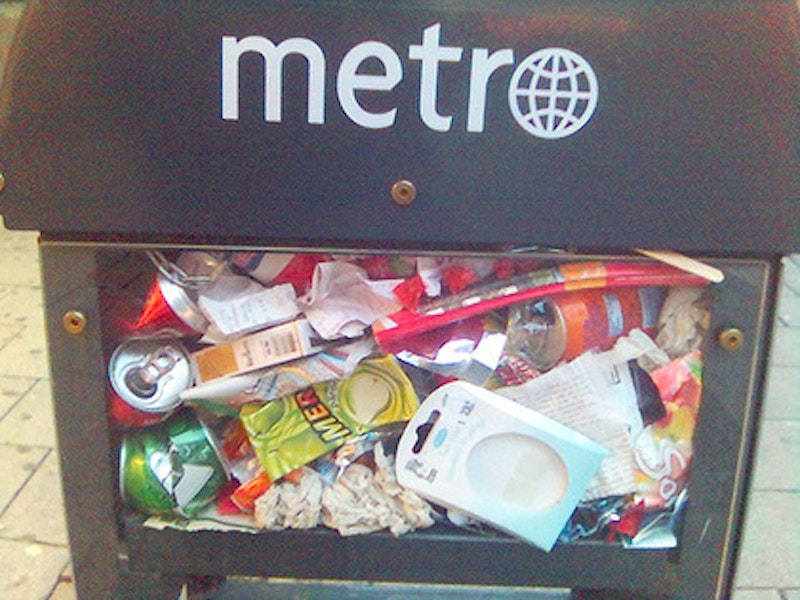It's 1 a.m. on a recent Tuesday, and I have just finished up another shift of my internship at The (Baltimore) Sun. I say good night to everyone, not knowing if it's the last time I will see them in the newsroom. I walk past the rows and rows of empty desks, telling myself that the only reason no one is there is because deadline has passed.
As I walk through the walkway and into the parking garage, I look out through the lights and wonder who will cover the city below me after the job and budget cuts. Having already cut jobs and with the announcement of more job cuts forthcoming, what will the future hold?
As I get into my car and make my way down the parking garage, I feel as if I am descending as fast as The Sun's circulation numbers. I speed up. As I pass Camden Yards on my right, I begin to think of the numerous ways besides tomorrow's newspaper that I can find out who won that night's Orioles game.
You see, that's the problem. People don't feel the need to read newspapers when they have an infinite number of alternate resources from which to get their news. Why find out what Manager Dave Trembly said about the latest O's collapse tomorrow when I can just go to Orioles.com and find out right now? Until newspapers find a way to generate a positive cash flow from their multimedia endeavors, their problems will persist.

